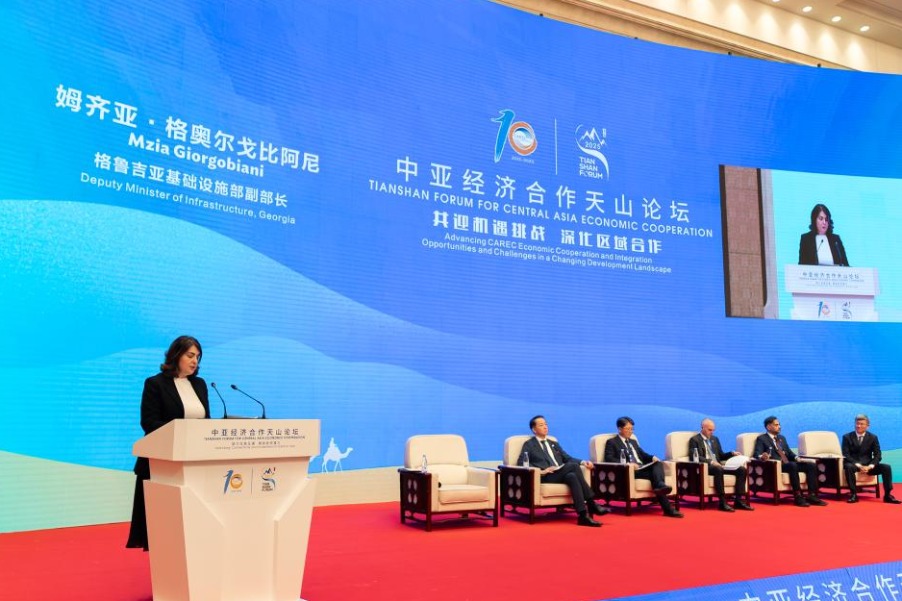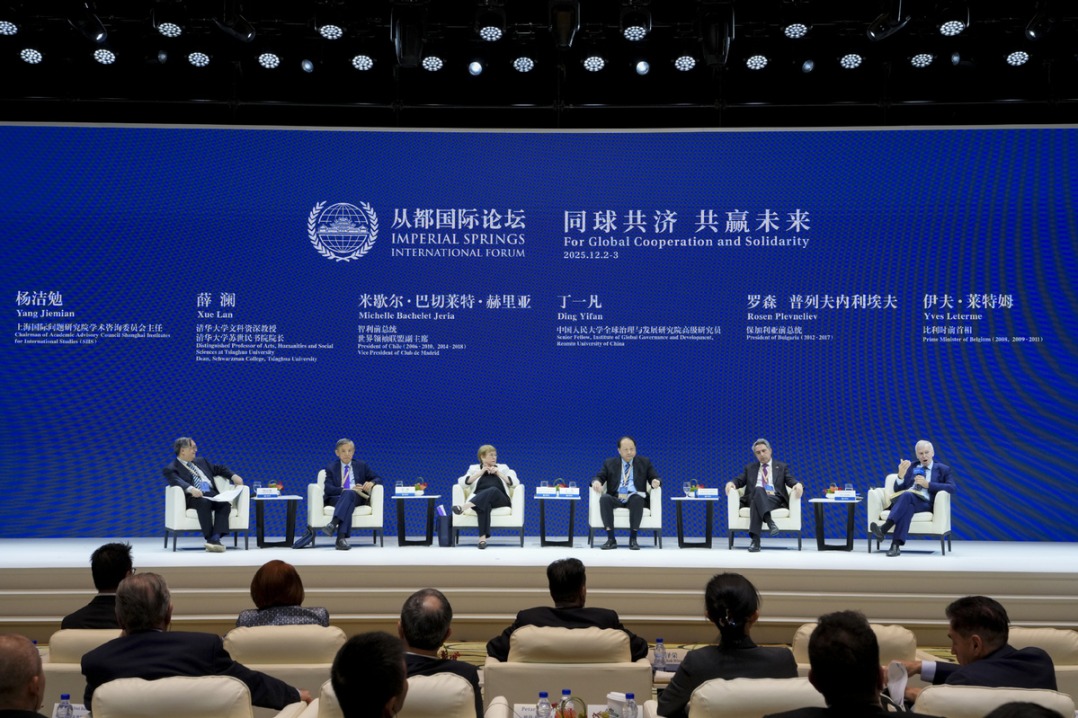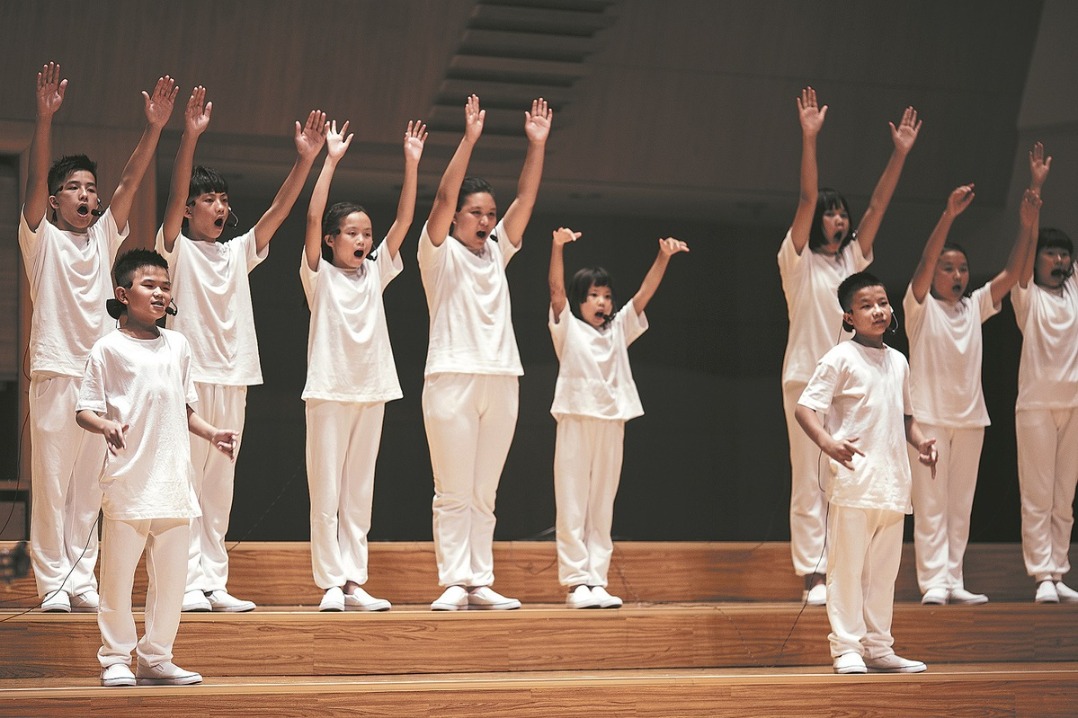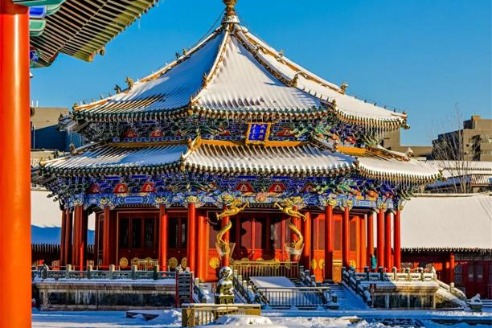Ex-top judge dismisses bias against security law

A former top judge in Hong Kong said Beijing's decision to create the National Security Law strengthens the application of the "one country, two systems" principle in the city rather than undermining it, contrary to the Western world's narrative.
In a commentary published on Tuesday in local newspaper Ming Pao, Henry Litton, a retired judge who served on Hong Kong's Court of Final Appeal, recalled the "dire situation" Hong Kong went through in the second half of 2019, when rioters sought to destroy the police force and bring down the Hong Kong administration.
"There was firm evidence that external hostile forces were behind the movement, fueling and funding the rioters," he wrote.
The dire situation, which the local government was incapable of handling, made it necessary for the central government to intervene, he added.
The National Security Law, enacted by China's top legislature and which became effective in Hong Kong on June 30, outlaws acts of secession, subversion, terrorism, and collusion with external forces.
Western figures led by former Hong Kong governor Chris Patten, who immediately criticized Beijing's move even before they saw the text of the law, Litton said.
He added that such news coverage and columns disregarded the background of the new law's enactment — "the murderous acts and large-scale destruction being wrought in Hong Kong" over the past year.
The prominent former judge also noted the law makes it possible for the "one country, two systems" principle to be practiced long after 2047, with the common law as the governing system for Hong Kong.
For this to happen, it's important that "the common law must be seen to act effectively in coping with problems as events evolve," and hence the need for judicial officers selected to sit on national security cases to be given "a huge responsibility", Litton said.
"The principle of 'one country, two systems' is a living concept. It evolves with changing times. What the Hong Kong judiciary is called upon to do, in effect, is to calibrate the system so that it comfortably accommodates Hong Kong cultural values with national aspirations," he said.
Under the new law, the chief executive must designate a panel of judges to rule on national security cases. This has stirred up controversy over questions of judicial independence, although Chief Executive Carrie Lam Cheng Yuet-ngor said she will not engage in assigning judges in individual cases.
Litton defended this arrangement by saying judicial independence refers only to the exercise of judicial power and the performance of judicial functions.
"To reshape the function of the judiciary, to better accommodate it to the larger system of public decision-making, is an act of government. It has nothing to do with judicial independence," he said.





































